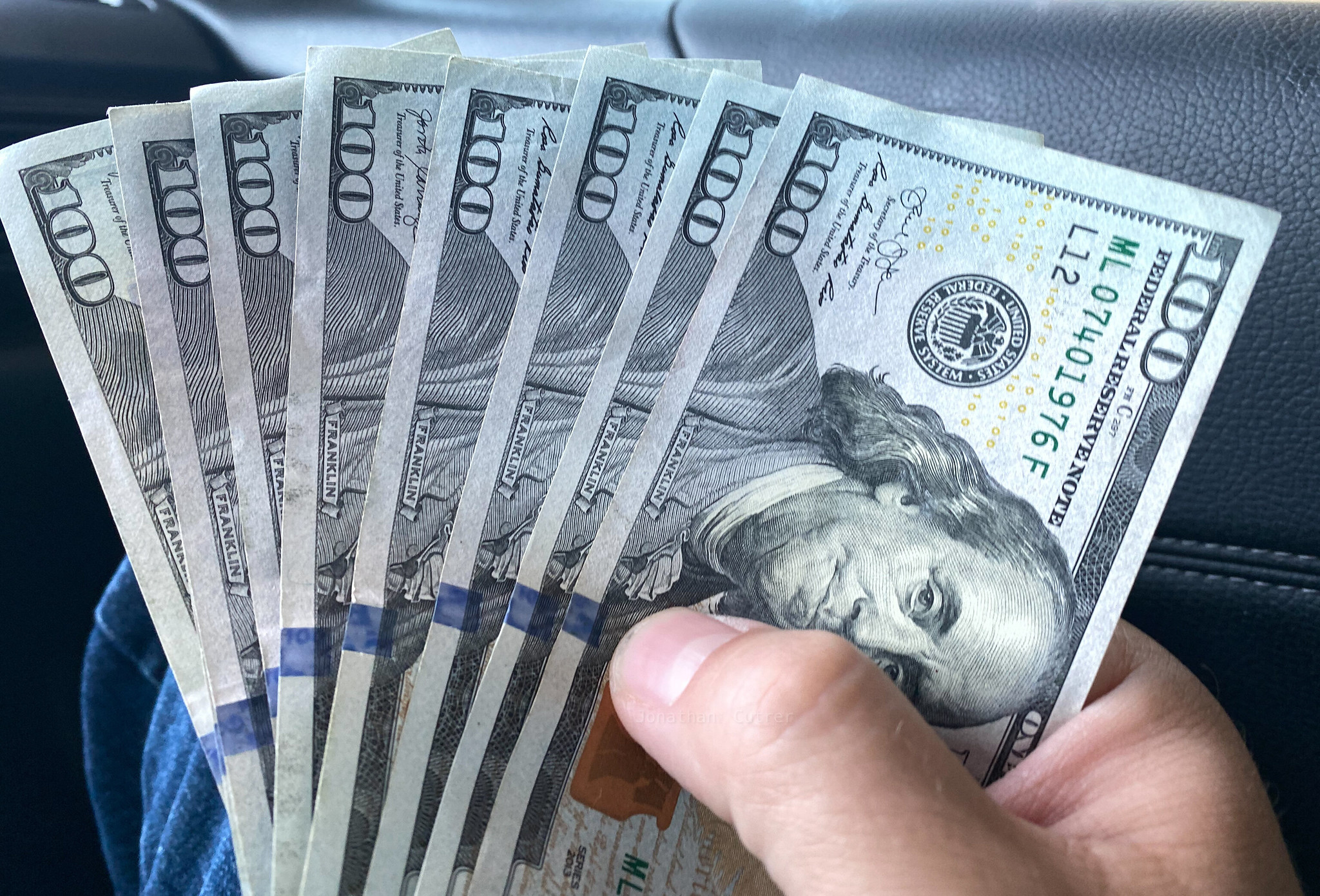The World Bank warns that the world is likely heading into a global recession as world central banks are forced to raise interest rates to fight high inflation, reports a UK news bulletin The Guardian.
The three largest economies in the world (the US, China and the euro zone) have experienced a sharp slowdown and this “moderate shock” could lead to a global economic recession next year, according to a new World Bank study.
The report states that the world economy is currently experiencing the sharpest recession since the post-crisis recovery of the 1970s, and consumer confidence has already declined faster than before previous global economic downturns.
World Bank President David Malpass has expressed concern that the developing market economy will suffer “disastrous consequences” if this trend persists.
“Global [ekonomikas] growth is slowing sharply and is likely to continue to decline as more countries fall into recession. ”
The World Bank also warned that global core inflation, excluding energy resources, could remain around five percent next year. This is nearly double the five-year average before the pandemic. However, the situation could change, provided that supply disruptions and pressures on the labor market are reduced.
To reduce inflation, central banks may need to raise interest rates by another two percentage points on top of the two hikes already seen, the World Bank said.
Malpass called on policy makers to focus not on reducing consumption, but on promoting production, as well as creating additional investment and promoting productivity growth.
In the UK, however, retail sales fell more than expected last month, at 1.6%. This is another sign of an economic downturn as the cost of living has risen due to high inflation.
A sharp decline in UK retail sales has also fueled fears of a recession.
The British pound fell to a new 37-year low against the dollar.
The British pound fell more than 1% to $ 1.1350 and 0.5% against the euro to € 1.1407.
The stability of the dollar against several major currencies is another influencing factor, as the US Federal Reserve has “aggressively” raised interest rates, offering investors better returns.
–


